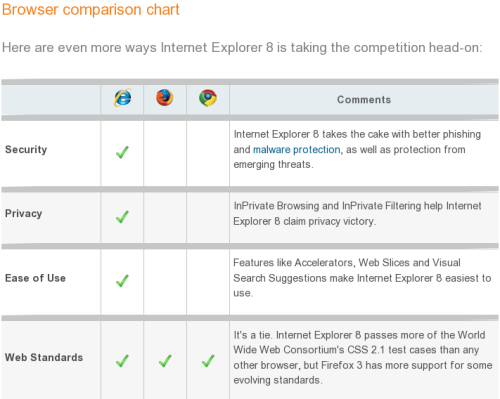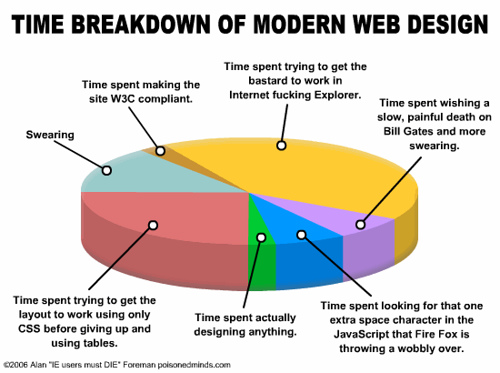gapingvoid, a blog well known for cartoons drawn on the back of business cards, has this post about monetizing on open source software – a very old discussion, as we know it. In that post, one IT guy is quoted saying:
“If something goes wrong with Microsoft, I can phone Microsoft up and have it fixed. With Open Source, I have to rely on the community.”
What’s your first thought after reading that? Mine was “Have you ever even called Microsoft support?“. It seems that a lot of people believe in this notion of Microsoft support magically fixing whatever problem they might have with any of the Microsoft product.
The question really is – will they? Myself I never had any experience with Microsoft support, but I know quite a few people who did. Most of them seem to agree that Microsoft support is pretty much like any other technical support service of any other company. Meaning that to get anything good out of it, you have to know how to get through to knowledgeable people and you have to know how to convince them to spend some time with your case. Otherwise, you’ll get into an endless loop of answering machines, checklist questions, and advices like “Please, reboot your computer and call us back“.
I have to say that that makes sense to me. Microsoft is the biggest desktop software vendor. Desktop computer users tend to be the most uninformed and untrained category of users (no offense intended). If even half of them believe in magic of Microsoft support, imagine what Microsoft has to go through to keep their support costs reasonable. If you have a serious problem, you’d probably need to get through all that protection and prove that you know what you are doing and that your case deserves attention. Getting through requires knowledge, experience and patience. How many people of those who believe in Microsoft support actually have the knowledge, experience and patience to get through? I don’t think many do. Am I wrong?
P.S.: By the way, there is an interesting discussion in the comments to that original post.



